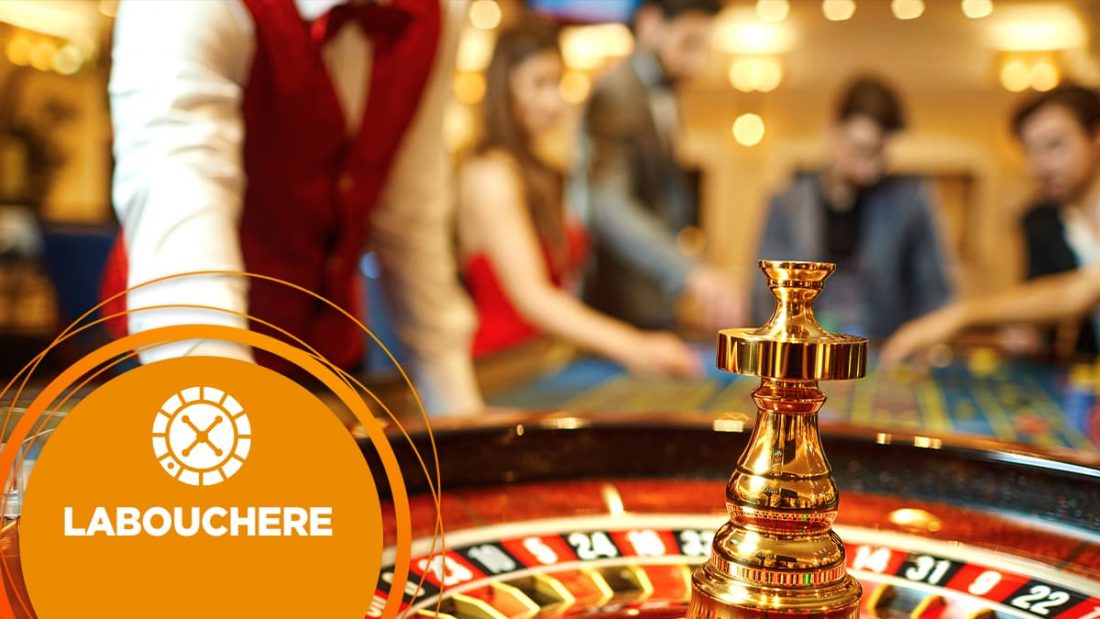
Sporting Dynasties: Family Traditions in Elite Sport
In the world of professional sport, family ties have often shaped the legacies of legendary teams and individuals. From fathers coaching sons to siblings competing together, dynasties reflect more than talent – they showcase perseverance, shared ambition and a culture of discipline passed down through generations. These stories provide a unique insight into how upbringing, environment and tradition influence greatness on the global stage.
The Influence of Generational Talent
Across many disciplines, the influence of family traditions is evident. Children growing up in sporting households are often exposed early to the routines, pressures and joys of competition. This environment encourages discipline and motivation that are difficult to replicate outside of a family context. Genetics also play a role, giving future athletes physical advantages suited to their chosen sport.
Examples are widespread: the Maldini family in football, the Currys in basketball and the Mannings in American football. Each generation builds on the previous one, learning lessons and avoiding mistakes that strengthen the overall legacy. These athletes often carry the weight of expectation but also benefit from knowledge that others might take years to acquire.
It is also important to note that family connections are not simply about athletic skill. They foster mental resilience. Being able to consult with relatives who have lived through the same challenges offers invaluable psychological support. This, in turn, enhances performance and increases the likelihood of sustained success.
Case Study: The Williams Sisters
Venus and Serena Williams exemplify how family traditions can redefine entire sports. Coached by their father Richard, they developed not only world-class skills but also the determination to dominate women’s tennis for decades. Their rivalry pushed them both to higher levels while their shared journey demonstrated the power of mutual support.
What stands out is the balance between competition and collaboration. Each sister had to compete at the highest level, yet they consistently credited each other for their growth. This blend of rivalry and partnership highlights how siblings within a dynasty can shape sporting history together.
The Williams legacy also stretches beyond the court. They inspired younger generations, particularly from underrepresented communities, to pursue tennis. Their impact proves that family dynasties can be catalysts for wider social change, not only individual success.
Family Traditions in Team Sports
Team sports often magnify the presence of dynasties. Football, basketball and rugby have seen families dominate for decades, with surnames that resonate across stadiums. Having relatives in the same profession creates a built-in support system and adds depth to the sport’s storytelling, where history and personal connections intertwine.
In rugby, the Barrett brothers of New Zealand have carried their family’s name onto the international stage. Their seamless coordination on the pitch reflects years of shared training and instinctive understanding. For fans, watching family members succeed together brings additional emotional resonance to the game.
Football, too, has witnessed remarkable dynasties. The Maldini family of AC Milan represents not only skill but also loyalty to one club. This continuity offers fans a sense of tradition, reinforcing the bond between players and supporters across generations.
The Mannings in American Football
Peyton and Eli Manning are perfect examples of family tradition in a team sport. Sons of Archie Manning, a respected quarterback, they both achieved greatness in the NFL. Their upbringing gave them insights into the demands of the sport, preparing them for both the physical and psychological challenges of professional football.
Beyond statistics and trophies, the Manning dynasty illustrates how shared knowledge can accelerate development. Both brothers achieved Super Bowl victories, making the family one of the most successful in the history of American football. Their story shows how tradition can inspire consistency and excellence.
The Mannings also influenced the culture of the sport. Known for professionalism and integrity, their approach raised expectations not just for family members but for aspiring athletes who admired their careers. In this way, dynasties shape both performance and values in sport.

Legacy and Inspiration for the Future
Sporting dynasties are not only about individual careers. They contribute to the broader culture of sport, reminding fans that legacy is built over time. For young athletes, these stories provide inspiration and practical examples of how perseverance and support can lead to success.
Modern dynasties continue to emerge, shaped by advances in training, nutrition and technology. Families with deep sporting traditions are now better equipped to maximise talent, blending experience with modern methods to stay competitive. This ensures that dynasties remain relevant in the rapidly evolving world of elite sport.
Finally, dynasties highlight the human element of sport. They show that behind every record and title lies a story of upbringing, sacrifice and tradition. These narratives connect generations of fans and athletes, reinforcing the enduring appeal of sport as a cultural institution.
The Future of Sporting Families
Looking ahead, we can expect more dynasties to emerge as the children of today’s champions begin their journeys. The emphasis on early development, combined with access to world-class facilities, makes it likely that sporting surnames will remain prominent. This trend ensures continuity in the stories fans love to follow.
However, the pressure on younger generations should not be overlooked. Carrying the weight of expectation can be daunting, and not every child of a sporting icon will wish to pursue the same path. Success, therefore, will depend on balancing tradition with individual choice and passion.
Ultimately, dynasties will continue to enrich the world of sport. They provide a sense of history, highlight the role of family and remind us that greatness is rarely achieved in isolation. Instead, it is built collectively, across generations, creating legacies that inspire far beyond the field.
Popular articles
-
 Third ODI Showdown: England vs. New Z...
Third ODI Showdown: England vs. New Z...The sport of cricket is no stranger to nail-biting finishes …
-
 Discovering the Labouchere Strategy
Discovering the Labouchere StrategyBetting systems have long fascinated those who dare to challenge …
-
 How to dress for cross-country skiing...
How to dress for cross-country skiing...As the old Scandinavian saying goes, “There is no such …
